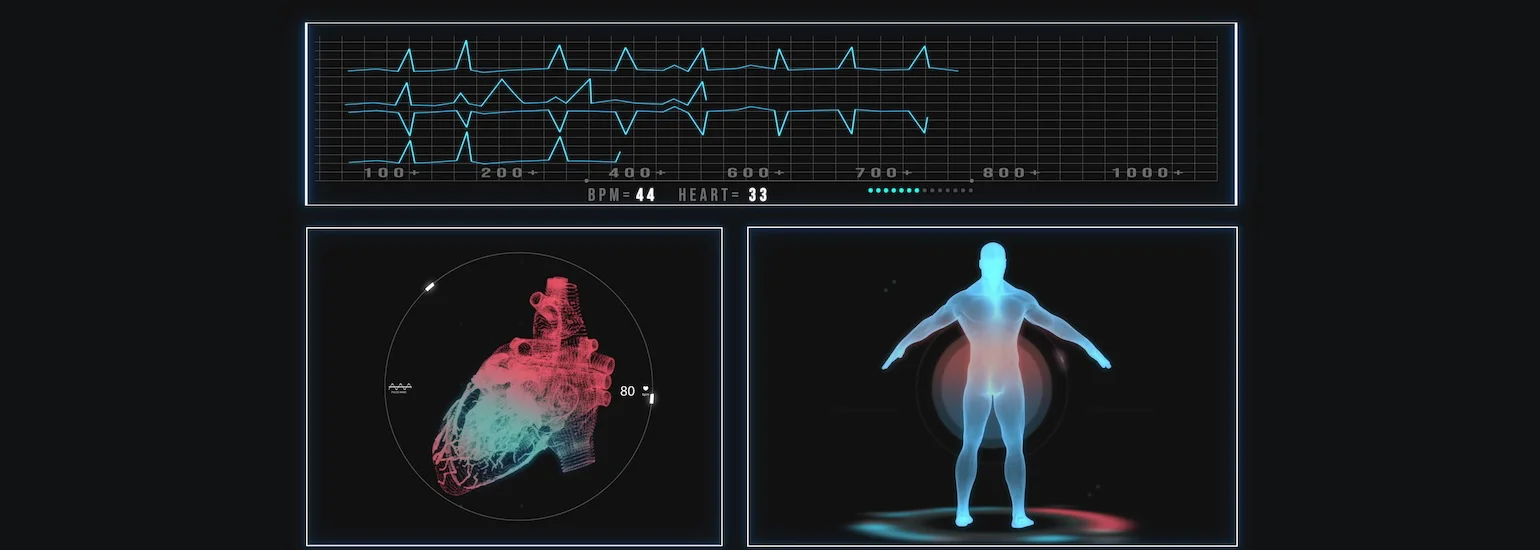
Coronary Angiography, also known as cardiac catheterisation, is a specialised X-ray procedure designed to capture dynamic images of the heart that supply blood to the heart muscle
Essentially, this procedure is performed when there are signs to show restriction of blood flow within the heart. A distinctive dye is injected through a catheter (small tube) into the large artery in the groin or the wrist. The catheter is positioned at the openings of the coronary arteries before the dye is then injected.
Coronary Angiography is a method for providing a precise diagnosis and detecting defects and blockages in the coronary arteries and various abnormalities that might exist. Your doctor can decide on the best treatment options for you.
Your doctor might recommend a Coronary Angiogram before performing a Coronary Angioplasty (ballooning) to visualise a route for the procedure and might suggest the test to be done after a Coronary Bypass Surgery (open heart surgery) to find out if the grafts are still exposed.
During coronary angiography, a long, thin, flexible tube called a catheter is inserted into a blood vessel in your groin or arm. The catheter is guided by X-ray images and carefully manoeuvred up to the heart and coronary arteries.
Once in position, a special dye known as contrast medium is injected through the catheter. X-ray images, or angiograms, are then taken to visualise the blood vessels. The contrast medium is visible on the angiograms, clearly highlighting any blood vessels that are narrowed or blocked.
This procedure is typically performed under local anaesthetic, meaning you will be awake, but the area where the catheter is inserted will be numbed for your comfort.
After a coronary angiography, you can typically leave the hospital the same day following a period of rest and observation. Make sure you are accompanied by a family member or friend who can drive you home.
Most people feel fine within a day after the procedure, though you might experience some tiredness and tenderness at the wound site for up to a week. Bruising may last for about two weeks.
You will generally be advised to avoid certain activities, such as bathing and lifting heavy objects, for a day or two. Do not drive until you receive medical clearance.
During your recovery, it is crucial that you monitor for any signs of complications. Seek immediate medical attention if you notice worsening swelling at the wound site, excessive bleeding, or circulation problems in your limbs.
Cardiac catheterisation and coronary angiography are generally very safe, but like all medical procedures, they have some potential issues to be aware of. These include allergic reactions to the contrast dye (discuss any allergies with your cardiologist beforehand), minor bleeding under the skin at the catheter insertion site (which should resolve within a few days but may require consultation with your GP), and rare but serious complications such as artery damage, heart attack, stroke, kidney damage, and very rarely, death.
If you have concerns about your heart health or have been advised to undergo coronary angiography, the experienced team at Gleneagles Hospitals is here to guide you through every step of the process.
Contact us with any questions or to schedule your consultation. Our top priority is heart health, and we are committed to providing you with the best care possible. Consult with one of the cardiologists at Gleneagles Hospitals today to take the next step towards a healthier heart.

Wait a minute